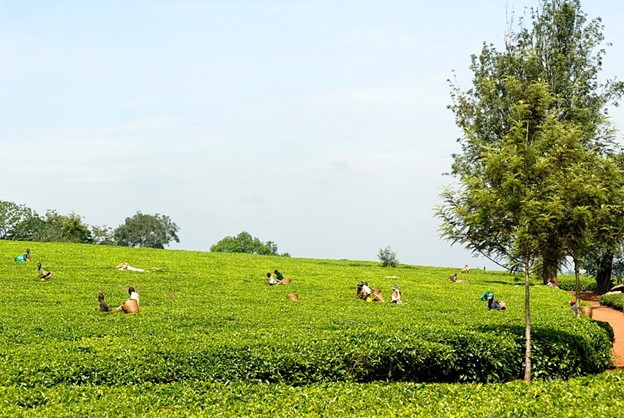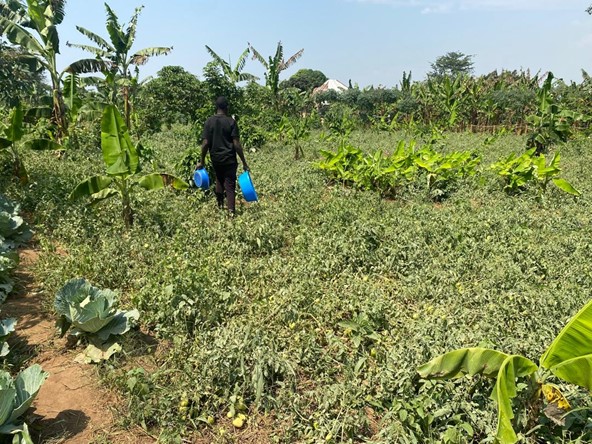UN Urges Leveraging Carbon Markets to Help Poorest Countries.
A report from the UN trade and development agency UNCTAD highlighted the potential of carbon markets which enable corporations and countries to offset their greenhouse gas emissions through climate change battling projects abroad to catalyse capital flows to developing countries and help boost sustainable development. Read More…











